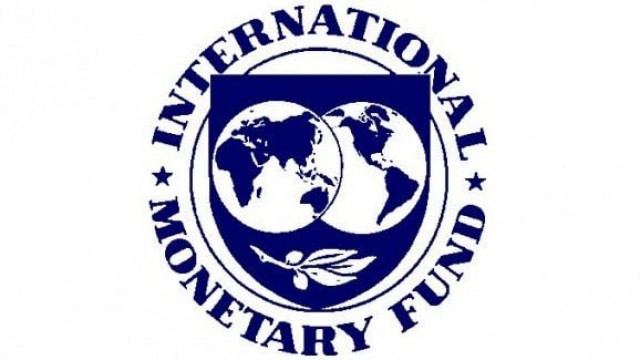IMF scratches Pakistan’s back
The IMF has praised Pakistan’s commitment to the $11.3 billion loan programme, despite delays in VAT.

IMF scratches Pakistan’s back
These comments are welcome and a source of encouragement for the government as the lender has always been critical of borrowers. The remarks come in spite the government’s denial to impose VAT from the start of the fiscal year in July and a three months delay in announcing a power tariff hike of six per cent. The tariff was eventually increased a few days ago by 7.6 per cent.
Besides the budget deficit also exceeded the revised target of 5.1 per cent of gross domestic product due to less-than-expected collection of revenues. Earlier, the deficit target was raised from 4.9 per cent to 5.1 per cent as per agreement with the IMF.
The multilateral lender is providing its highest loan package ever to Pakistan and sweetening the deal with rare praise. Why the special treatment? Could Pakistan’s strategic location in an unstable region be the reason?
What is the real reason?
A stone’s throw from Afghanistan, where US and Nato forces are battling the Taliban and al Qaeda, Washington wants to express its support for Pakistan. The government has claimed that the country is the frontline state in the so-called ‘war on terror.’ The government has received foreign backing on several occasions and the US plan to provide $7.5 billion over five years under the Kerry-Lugar bill is a significant example.
The US is also considering helping the construction of Reconstruction Opportunity Zones in Pakistani areas bordering Afghanistan. Products manufactured in these zones will get duty-free access to US markets, a long-standing demand of Pakistan to permit easy access to the American markets.
These positive steps are due to Pakistan’s key role in solving the Afghan problem and the fact that the international community needs us. Just think, would Pakistan have received substantial financial assistance with relaxed conditions in the face of imminent default, had there been no Afghan problem?
When the money stops flowing
The government might have devised a plan on how to proceed when current IMF loan programme ends this December this, but it has not been unveiled so far. Reports suggest that the country will have to enter another IMF programme to keep its economy running and cope with rising external debt, which currently stands at around $55 billion.
Has the government considered what will happen when the US troops start leaving in July 2011? Will the country have the same key position and will it remain in the US’ good books?
After the Afghan war in the 1980s when Soviet forces invaded the mineral-rich country, the US used Pakistani jihadis against the Soviet Union and provided arms and money generously to counter the Russians. But later when Soviet forces withdrew from Afghanistan in 1989, Pakistan was abandoned. Instead sanctions were imposed in 1998 when the country conducted nuclear tests to counter the Indian threat of aggression.
Is there any guarantee the US will not abandon Islamabad again? Although Washington has given assurances that it will not repeat mistakes e past only time will tell what direction foreign relations will take and what their economic fallout will be.
Published in The Express Tribune, July 5th, 2010.



















COMMENTS
Comments are moderated and generally will be posted if they are on-topic and not abusive.
For more information, please see our Comments FAQ